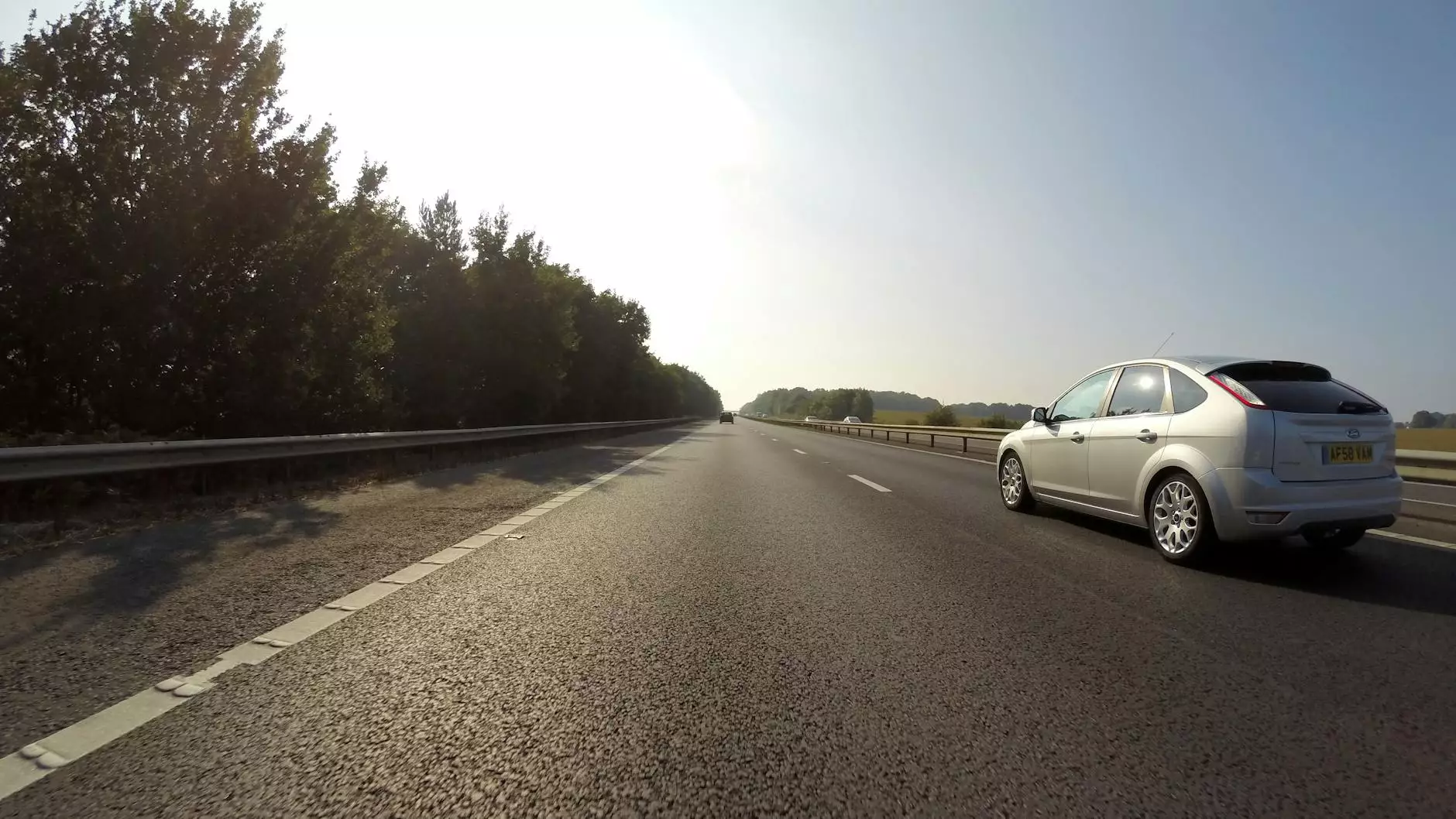The Ultimate Guide to High Pressure Car Washers

When it comes to maintaining the appearance of your vehicle, using a high pressure car washer can be a game changer. These machines are designed to deliver a powerful stream of water that can effectively remove dirt, grime, and stains from your car's exterior, making them an essential tool for any car owner. In this guide, we will explore the benefits, features, and essential tips for choosing the perfect high pressure car washer.
The Benefits of Using a High Pressure Car Washer
Investing in a high pressure car washer provides numerous advantages that go beyond just cleaning your vehicle. Here are some compelling reasons to consider using one:
- Efficiency: High pressure washers reduce the amount of time you spend cleaning your car. The powerful jets of water can cut through tough dirt and debris much faster than traditional washing methods.
- Water Conservation: Surprisingly, high pressure car washers use less water compared to standard garden hoses, making them an eco-friendly option for vehicle cleaning.
- Versatility: These machines can be used for more than just washing cars; they are great for cleaning patios, driveways, garden furniture, and more.
- Professional Results: With the right technique, a high pressure car washer can deliver results on par with commercial car washes.
- Easy to Use: Most high pressure washers come with intuitive controls and attachments, making them user-friendly for both beginners and experienced users.
Choosing the Right High Pressure Car Washer
Selecting the perfect high pressure car washer involves considering several key factors to ensure you find the model that best suits your needs. Here’s what to look for:
1. Pressure Rating
Pressure is measured in PSI (pounds per square inch). For car washing, a model between 1300 and 2000 PSI is usually sufficient. Higher pressure can damage paint, while lower pressure may not effectively clean.
2. GPM Rating
GPM (gallons per minute) indicates the water flow rate. A washer with a good GPM rating (approximately 1.2 to 2.5 GPM) can provide better water coverage and more efficient cleaning.
3. Type of Pressure Washer
There are three main types of pressure washers: electric, gas, and battery-powered. Each has its pros and cons:
- Electric Pressure Washers: Typically lighter, quieter, and easier to maintain, making them ideal for residential use.
- Gas Pressure Washers: More powerful and portable, better suited for large jobs and tougher stains, but they require more upkeep.
- Battery-Powered Pressure Washers: Convenient for quick jobs and areas without power, but may lack the power of electric and gas models.
4. Accessories and Attachments
Check if the high pressure car washer comes with various nozzles and brushes. Nozzles with adjustable settings allow you to switch from a narrow jet to a wide spray, making it easier to tackle different types of surfaces and grime.
How to Effectively Use a High Pressure Car Washer
To achieve the best results while using your high pressure car washer, follow these important tips:
Step 1: Preparation
- Ensure your vehicle is parked in a shaded area to prevent soap from drying too quickly.
- Remove any loose items from your vehicle, including mats and personal belongings.
Step 2: Choose the Right Nozzle
Select an appropriate nozzle for your task. A 25-degree nozzle is perfect for washing cars, while a 15-degree nozzle can be used for stubborn stains.
Step 3: Rinse First
Before applying any soap, start by rinsing the vehicle with plain water to remove loose dirt and debris. This step is crucial for preventing scratches.
Step 4: Apply Soap
Add soap to your pressure washer’s detergent tank or apply it manually with a foam cannon. Choose a soap designed for car washing that is safe for your vehicle's surface.
Step 5: Use the Pressure Washer
Start at the top of the vehicle and work your way down, using sweeping motions and keeping the nozzle at a consistent distance of around 2 feet from the surface. Rinse each section thoroughly before moving on to the next.
Step 6: Detail the Wheels and Tires
Pay special attention to your wheels and tires, as they often accumulate tough grime. Use a dedicated wheel cleaner for best results.
Maintenance of Your High Pressure Car Washer
To ensure longevity and reliability of your high pressure car washer, regular maintenance is essential:
1. Clean the Filter
Check and clean the water inlet filter frequently to prevent clogs and ensure proper function.
2. Inspect the Hose
Examine the pressure washer hose for signs of wear and tear. Replace it if necessary to avoid leaks or bursts.
3. Store Properly
During colder months, store the unit in a garage or shed to prevent freezing and damage to internal components.
Frequently Asked Questions
What is the best pressure for washing cars?
A pressure rating between 1300 to 2000 PSI is generally ideal for washing cars without damaging the paint.
Can I use a high pressure washer for home cleaning?
Yes, these versatile machines can be used for cleaning driveways, patios, furniture, and more.
Are electric pressure washers strong enough for car washing?
Absolutely! Many electric models are powerful enough to clean cars efficiently and are often easier to handle than gas models.
Conclusion
In conclusion, a high pressure car washer is a valuable investment for any car owner looking to achieve professional cleaning results at home. By understanding the benefits, features to consider, and how to effectively use these machines, you can maintain the appearance of your vehicle while saving time and water. Remember to follow proper maintenance practices to prolong the life of your pressure washer. Ready to elevate your car cleaning routine? Choose the right high pressure car washer for you and enjoy a sparkling clean vehicle today!









